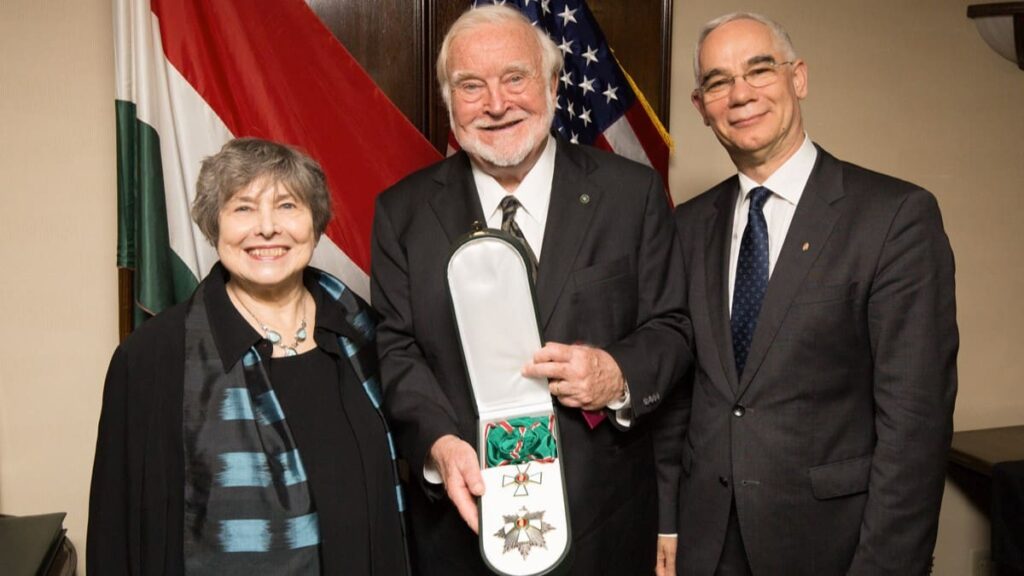Introduction
The concept of flow, coined by psychologist Mihály Csíkszentmihályi, has captivated minds across various fields, from psychology to education, sports, and business. Understanding Csíkszentmihályi’s life journey and his pioneering work in flow theory illuminates the path to unlocking our fullest potential.
Early Life and Influences
Born in Fiume, Italy (now Rijeka, Croatia) in 1934, Csíkszentmihályi’s childhood was marked by tumultuous times, having lived through World War II. Despite the upheavals, he found solace in nature and the pursuit of knowledge, laying the groundwork for his future endeavors.
Formation of Flow Theory
Csíkszentmihályi’s fascination with human experience led him to explore the concept of flow, which he described as a state of optimal experience where individuals are fully immersed in a task, experiencing intense focus and enjoyment. Through meticulous research and observation, he elucidated the conditions that facilitate flow, revolutionizing our understanding of human motivation and well-being.
Characteristics of Flow
Flow is characterized by a merging of action and awareness, a loss of self-consciousness, and a sense of control over one’s actions. The experience is marked by clear goals, immediate feedback, and a balance between challenge and skill level.
Applications of Flow Theory
Flow theory has profound implications across various domains. In education, it informs pedagogical approaches that foster student engagement and intrinsic motivation. In sports, it enables athletes to harness their full potential, achieving peak performance. In business, it inspires innovative workplace practices that promote creativity and productivity.
Critiques and Further Developments
While flow theory has garnered widespread acclaim, it is not without its critics. Some argue that it may overlook the role of external factors in shaping flow experiences. Nevertheless, ongoing research continues to refine and expand upon Csíkszentmihályi’s original framework, ensuring its relevance in contemporary psychology.
Legacy of Csíkszentmihályi
Csíkszentmihályi’s legacy extends far beyond academia. His work has had a profound impact on the field of psychology, sparking a renewed interest in positive psychology and the study of human flourishing. Through his books and lectures, he has brought the concept of flow to a global audience, inspiring countless individuals to pursue lives of purpose and fulfillment.
Practical Tips for Achieving Flow
Cultivating flow in daily life involves identifying activities that challenge us just enough to stretch our abilities while providing a sense of accomplishment. Techniques such as setting clear goals, minimizing distractions, and seeking feedback can enhance our flow experiences and lead to greater satisfaction and well-being.
The Intersection of Flow and Creativity
Flow and creativity are intimately intertwined, with many artists, musicians, and writers attributing their most inspired moments to flow states. By understanding the conditions that foster creativity, we can cultivate environments conducive to innovation and artistic expression.
Flow in Different Cultural Contexts
While flow experiences may vary across cultures, the underlying principles remain universal. Whether it’s the Japanese concept of “ikigai” or the African notion of “ubuntu,” cultures around the world recognize the importance of engaging fully in meaningful activities that bring joy and fulfillment.
Flow and Mental Well-being
Flow has been linked to numerous benefits for mental health, including reduced stress, increased resilience, and enhanced overall well-being. Therapeutic interventions informed by flow theory, such as mindfulness-based practices and experiential therapies, offer promising avenues for promoting psychological flourishing.
Challenges and Obstacles to Flow
Despite its many benefits, achieving flow is not always easy. External distractions, internal barriers, and societal pressures can hinder our ability to enter into flow states. By addressing these challenges head-on and cultivating a mindset of resilience and perseverance, we can overcome obstacles and tap into our innate potential.
Flow in the Digital Age
In today’s hyper-connected world, digital distractions abound, making it increasingly challenging to maintain focus and concentration. However, technology also presents opportunities for enhancing flow experiences, from gamified learning platforms to immersive virtual environments that facilitate deep engagement and learning.
Interview with Mihály Csíkszentmihályi
In an exclusive interview, Csíkszentmihályi shares insights into his life’s work and reflects on the enduring relevance of flow theory in an ever-changing world. His wisdom and passion for understanding the human experience serve as an inspiration to all who seek to unlock their full potential.
Conclusion
Mihály Csíkszentmihályi’s groundbreaking work on flow has revolutionized our understanding of human motivation, creativity, and well-being. By embracing the principles of flow in our lives and work, we can cultivate environments that foster growth, fulfillment, and flourishing for ourselves and others.



